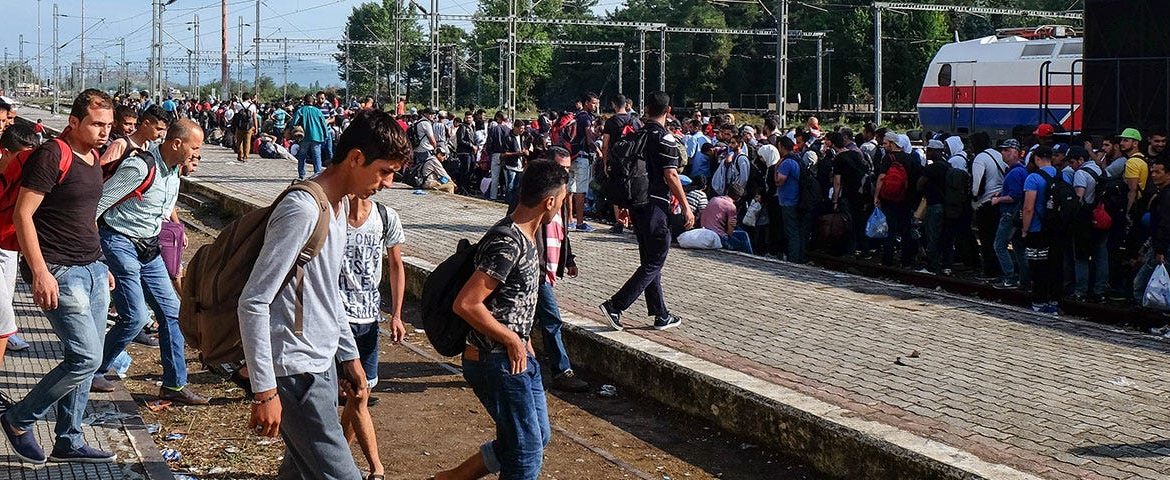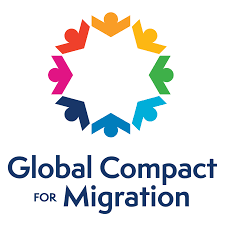Mexico City, July 27, 2023. Today SIMN participated in the regional session for Latin America and the Caribbean on the development of indicators in the implementation of the Global Compact for Safe, Orderly, and Regular Migration.
As a result of the International Migration Review Forum (2022) – the follow-up mechanism on the implementation of the Global Compact for Safe, Orderly, and Regular Migration – the Declaration of Progress was adopted, in which the states agreed to develop a series of indicators to measure the implementation of the Pact, which will be presented in 2024 as part of the UN Secretary General’s report on international migration.
In this context, the United Nations Network for Migration (UNMN) held various regional consultations this week to find out the reactions of the different actors to the Note or first draft distributed by the Network on the indicators and to receive proposals on them. Thus, the meeting for Latin America and the Caribbean was held, in which SIMN participated.
On behalf of SIMN, Víctor Genina, Director of Advocacy and Policy of SIMN, pointed out that in the Note, in a section related to the disaggregation of data, the following was read: “One of the fundamental dimensions to disaggregate indicators and ensure their relevance to monitoring the implementation of the Global Compact is immigration status.” Given this, Dr. Genina drew attention to the risks that this implied: “Although we understand that it is not the intention of the Network to discriminate against migrants in an irregular situation, we do draw attention to the dangers of establishing a sharp distinction between migrants regular and irregular, since there is a serious risk that national governments may present encouraging results when dealing with the first group and hide situations of abuse, exclusion and serious violations of human rights concerning the second.”
Because of this, he proposed, to prevent the exercise of developing indicators on the implementation of the Global Compact from becoming an exercise that implicitly reinforces the criminalization and exclusion of migrants in an irregular situation, that such a distinction be reflected only concerning Objective 1 of the Pact, the one related to the data collection exercise, but to no other that involves public policies.
To conclude his intervention, he made concrete recommendations on some of the 23 objectives of the Pact.



